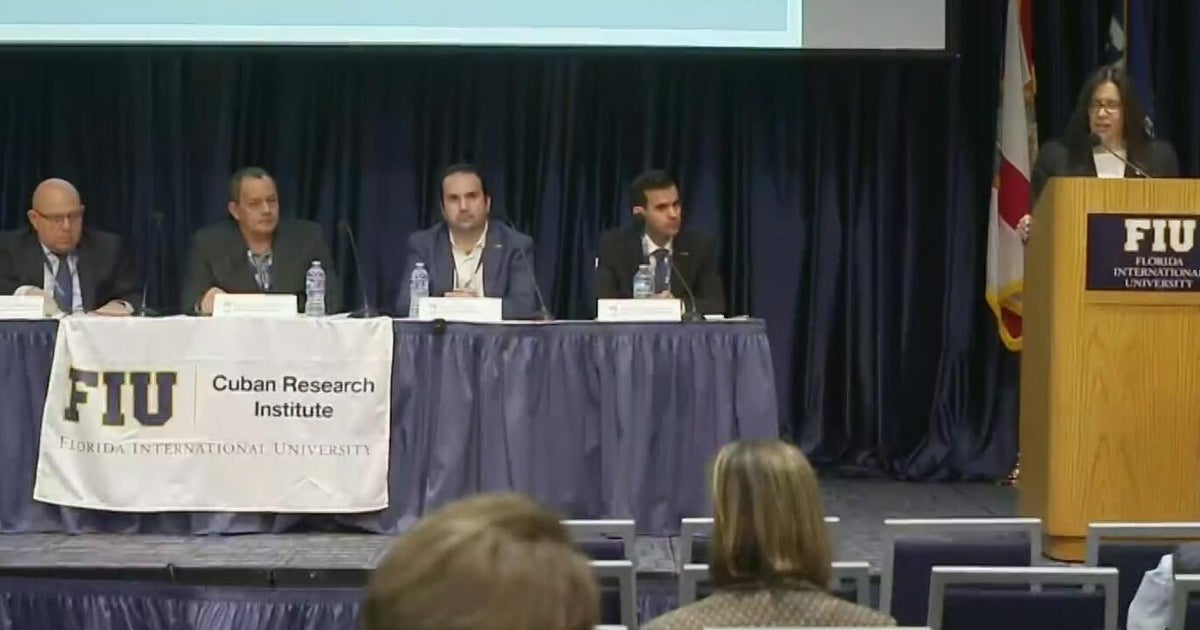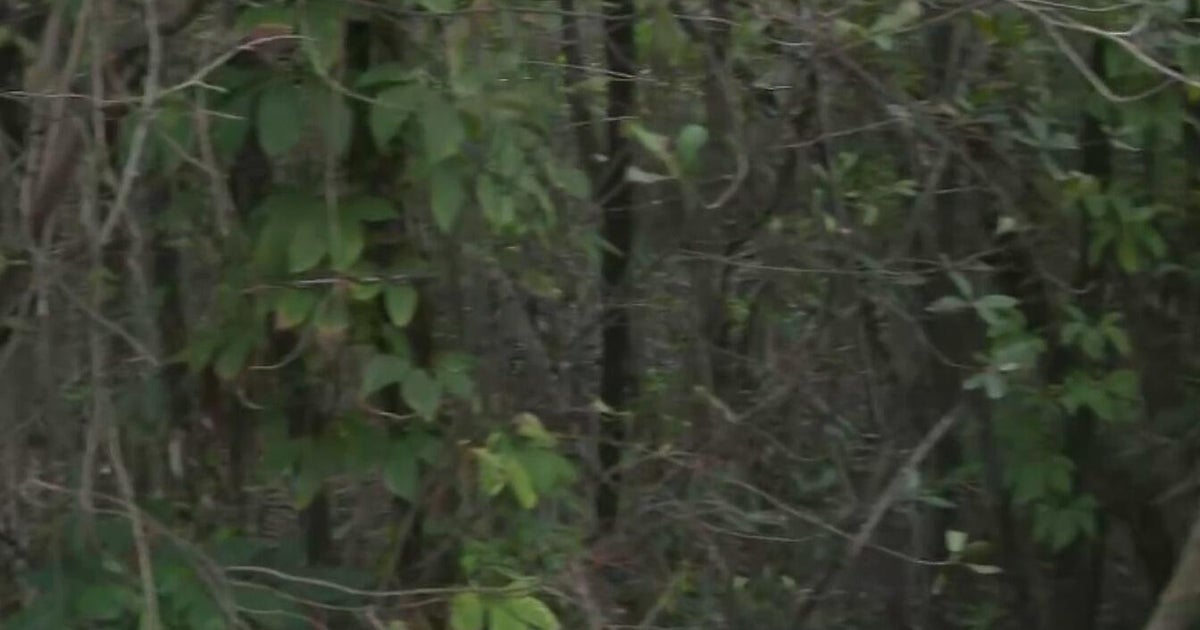The political committee behind a proposed constitutional amendment that would allow recreational marijuana will not appeal a judge’s decision upholding state election officials’ invalidation of 200,000 petition signatures.
In a court document filed Tuesday, lawyers for the Smart & Safe Florida committee said they were waiving the right to appeal “to provide finality to this matter and certainty to the result.”
The committee faces a Feb. 1 deadline to submit 880,062 verified signatures to get the proposed constitutional amendment on the 2026 ballot.
The state Division of Elections website on Tuesday showed the committee had submitted 675,307 valid signatures.
That tally, however, might not reflect the actual number of valid signatures.
A representative of Smart & Safe Florida said the committee has submitted roughly 1,010,000 signatures to elections officials across the state — not including the 200,000 petitions that were targeted to be scrapped.
Leon County Circuit Judge John Cooper’s decision Friday came in a lawsuit filed by Smart & Safe Florida challenging an Oct. 3 directive by state Division of Elections Director Maria Matthews requiring supervisors to scrap petitions that did not include the full text of the proposed constitutional amendment. The committee mailed the petitions to voters, and the state alleged signatures were “not obtained legally.”
State elections officials also argued the flagged petitions needed to be invalidated because Smart & Safe Florida made changes to the format of the petition form approved by Secretary of State Cord Byrd’s office. The state alleged the format was changed without permission in violation of Florida law.
The front of the disputed form was identical to the petition that was approved, which had a blank back page. The back of the forms deemed to be invalid by Matthews included a link to Smart & Safe Florida’s website, where the full text of the proposed amendment can be found.
New law requires full text of amendments to be included on petitions
Byrd’s office sent a cease-and-desist letter to the committee about the disputed petitions in March. A new law that went into effect in July requires that the full text of the amendment be included on the petition.
The new law also required county supervisors of elections to stop processing petition signatures for a 90-day period, which ended Sept. 30, days before Matthews’ missive.
In 2024, Gov. Ron DeSantis led efforts to defeat a proposed recreational-marijuana amendment sponsored by Smart & Safe Florida. With the committee taking another run at the issue in 2026, it has clashed with Byrd on a number of fronts.
Byrd’s office last week took initial steps to trigger Florida Supreme Court review of the measure, a crucial step in ballot placement.
That move came on the last day of a deadline set by justices for the DeSantis administration to respond to a lawsuit filed by Smart & Safe Florida accusing elections officials of improperly holding up the ballot measure.
Smart & Safe Florida also faces a number of other challenges in returning to the ballot after falling short of the required 60% voter approval in 2024.
Florida law changing ballot-initiative process challenged in federal court
The law (HB 1205) approved by the Republican-controlled Legislature this spring included other changes targeting the ballot-initiative process. The law is being challenged in federal court by groups, including Smart & Safe Florida, backing proposed amendments.
One controversial part of the law requires that petition collectors be Florida residents and U.S. citizens. Initiative sponsors could face $50,000 fines for each petition collector violating the restriction. Lawyers for Smart & Safe Florida argued in the federal lawsuit that the Florida-resident requirement put the committee at risk of not gathering enough signatures for placement on the 2026 ballot.
The law also shortened from 30 days to 10 days the length of time for committees to submit signed petitions to supervisors of elections. In addition, the law created a revocation process allowing voters to rescind their signatures after signing petition forms.
Under the new process, supervisors must send notices to voters who have signed petition forms allowing them to revoke their signatures. The notices also allow voters to indicate if they believe their signatures were misrepresented or forged.
Supervisors are rapidly processing petitions that piled up during the three-month moratorium period, David Ramba, executive director of the Florida Supervisors of Elections association, told The News Service of Florida on Tuesday.
“We’re cranking them out,” Ramba said. “We’re processing them as they come in, in the order that they are received.”



